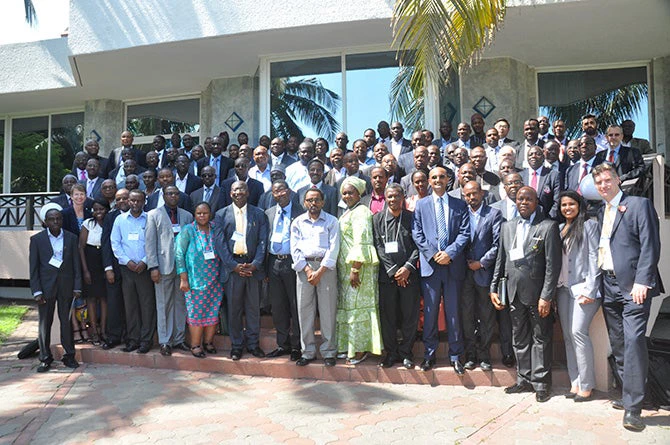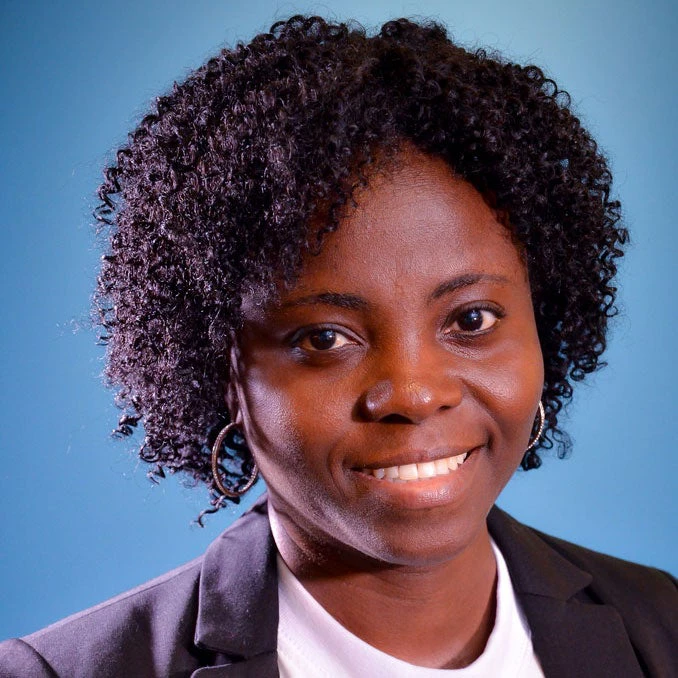For African economies that want to strengthen their human capital, the ability to measure their institutions’ performance in science, engineering and technology education has become a leading priority.
One internationally tested approach for strengthening the quality of scientific research and knowledge transfer at universities is benchmarking, which involves periodic self-assessment based on a set of key indicators. Unlike university ranking, it’s completely voluntary and undertaken by institutions or national systems on their own.
On November 9-10, 2015, PASET, the Africa-led Partnership for Skills in Applied Sciences, Engineering and Technology introduced a new benchmarking initiative for the region’s universities. Launched at a workshop in collaboration with the Association of African Universities (AAU) with over 100 participants, this exciting initiative aims to fast-track Africa’s socio-economic development by strengthening its Applied Sciences, Engineering and Technology (ASET) institutions.
At the workshop, held in Accra, Ghana, we successfully gained buy-in for benchmarking from stakeholders across the continent, including numerous higher education institutions, quality assurance and accreditation agencies, as well as international and regional/sub-regional organizations like the ECOWAS, the Association of Commonwealth Universities, the West African Economic and Monetary Union, and Agence Universitaire de la Francophonie. Over 40 universities from 14 African countries, including the institutions benefiting from the African centers of Excellence project (ACE I) signed up for participation.
As a first step toward implementation, we now have critical feedback from workshop participants on a methodology proposal developed with the Shanghai Jiao Tong University in China – a globally recognized expert center for building world-class universities. PASET is using this feedback to refine the benchmarking methodology with the help of international experts and kick off a pilot this month. The Shanghai Jiao Tong University will provide capacity building and technical expertise for the pilot, which shall be completed in January 2016 and then open up the exercise to more universities.
Here are the key benchmarking indicators agreed upon by the participating institutions for monitoring their learning outcomes:
- Proportion of graduates who get employed within six months of graduation;
- Proportion of graduates who obtain professional registration within two years of graduation;
- Proportion of graduates who start their own firms/are self-employed within two years of graduation.
Dr. Baguma Abdallah, Ag. Director of Academic Quality at Rwanda’s Higher Education Council (HEC) found the benchmarking launch “exciting and complimenting other quality enhancement and monitoring initiatives” at both national and regional levels.
“It enhanced my understanding of how benchmarking allows meaningful comparisons among universities in a given country and among similar institutions across countries at the same stage of development,” Dr. Abdallah remarked.
He added that benchmarking is in line with the HEC’s mandate of ensuring that Rwanda’s institutions of higher learning deliver education that responds to the country’s needs as well as global higher education trends. It would also complement self-assessment practices already undertaken by Rwandan educational institutions.
Jamil Salmi, a global higher education expert who led the deliberations on the methodology, said that the workshop offered the participants the opportunity of influencing the choice of indicators and in building ownership of the benchmarking tool among African universities.
“Benchmarking, associated with strategic planning, has been found to be a powerful instrument to guide the efforts of universities worldwide seeking to improve the quality and relevance of their programs in an accelerated fashion,” Salmi said.
Dr. Ying Cheng, Executive Director of the the Shanghai Jiao Tong University’s Center for World-Class Universities recalled the Chinese experience with benchmarking, which helped the country’s universities make substantial progress.
“Through benchmarking, Chinese universities clearly saw their weaknesses in many aspects, including faculty quality, research scale and quality, and resources,” said Dr. Cheng. “After some two decades of efforts, Chinese universities have made significant improvements on many indicators, and their positions in global rankings have increased considerably as well.”
According to Dr. Peter Materu, the World Bank’s Practice Manager for Education in Central and Western Africa, there is stronger support for benchmarking in Africa as compared to ranking as a quality control approach.
“African institutions see benchmarking as a way to build a culture for monitoring improvements in higher education,” Dr. Materu, who is also the former Dean of the College of Engineering and Technology at University of Dar es Salaam, Tanzania, said. “It is also seen as a way to prepare African institutions to do well if and when they decide to enter global ranking.”
Apart from improving the quality of higher education institutions, benchmarking will also usher in a new culture of data collection and management, and data-driven policy making in the region.
For more information on the benchmarking initiative, contact Ekua Nuama Bentil .



Join the Conversation